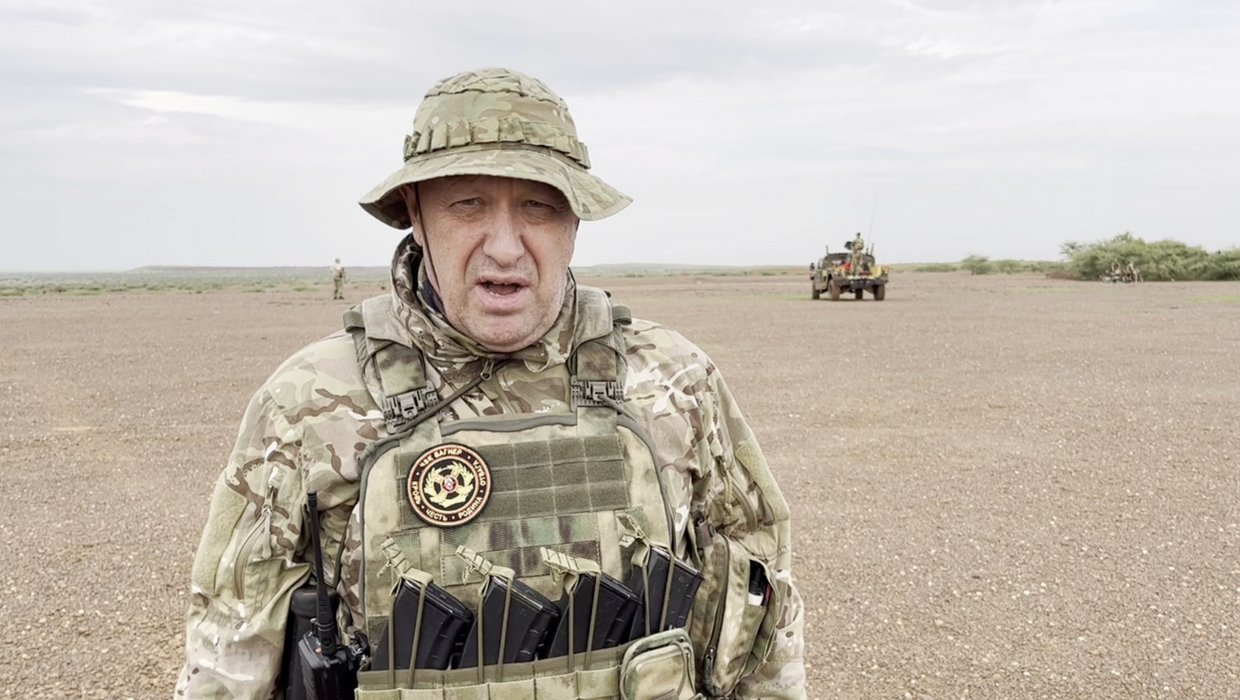Reuters: Russia refuses Brazil's help with probe into Prigozhin plane crash

Brazil's Center for Research and Prevention of Aeronautical Accidents (CENIPA) has been told by Russia that a probe into the crash of Yevgeny Prigozhin's Brazilian-made Embraer jet will not be opened "at the moment," Reuters reported on Aug. 30.
CENIPA and the plane's manufacturer Embraer had expressed interest in finding out why the jet crashed, to improve aviation safety.
However, Reuters said that they are facing difficulties in obtaining information due to sanctions on Russia and the reluctance of the Russian authorities to share their findings on the crash.
CENIPA had said it "would join a Russian-led investigation if it were invited and the probe held under international rules."
The center was referring to the opening of a probe under Annex 13 of the Convention of International Civil Aviation, which promotes close technical cooperation and avoids assigning political blame.
The annex has created an "effective form of international cooperation that has rarely been challenged," and is credited with drastically improving aviation safety, according to Reuters.
Under international rules, the Russian aviation authority was not required to permit a probe as Prigozhin's flight was domestic, though it is typically recommended by the aviation industry.
The cause of the crash remains unclear. Ukrainian President Volodymyr Zelensky told reporters on Aug. 24 that Ukraine did not orchestrate the crash, but added that "everyone understands" who is behind it.
The likely cause was a bomb onboard or "some other form of sabotage," according to unnamed U.S. officials cited by the Wall Street Journal on Aug. 24.
Though the officials stressed that their assessments are not yet complete, the plane did not appear to have been shot down by an air defense missile, the article wrote.
The leader of the mercenary group had launched a short-lived rebellion against the Kremlin in late June. Wagner forces captured the city of Rostov-on-Don and marched toward Moscow before Prigozhin abruptly ended the insurrection.
Following an undisclosed deal allegedly brokered by Belarusian dictator Alexander Lukashenko, the warlord was allowed to walk free and released a video days before his death claiming to be in Africa.
Moscow has not acknowledged shooting down the plane.














